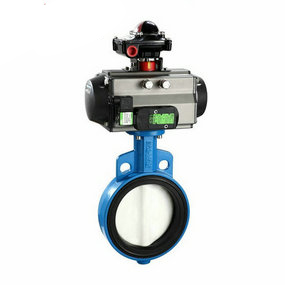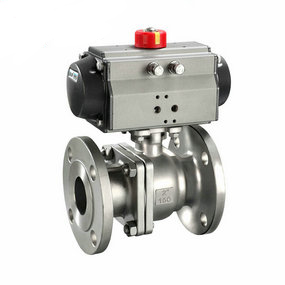Electroplating wastewater pneumatic high temperature ball valve for water measurement The relevant industry standards of various types of gate valves are widely used in the petroleum, chemical, power station, ship, water system and gas industries. The gate valves used in some special industries should not only comply with the national standards, but also strictly implement the relevant industry standards to ensure the healthy, safe and efficient use of gate valves in the industry, Relevant industry standards are as follows: JB/T 5298-91 Steel Flat Gate Valves for Pipelines JB/T 9092-1999 Inspection and Test of Valves JB/T 2769-2010 Relevant industrial standards for various types of gate valves High pressure threaded flanges for full gate valve parts JB/T 1741-2010 Gate valve parts Centering JB/T 1726-2010 Gate valve parts Disc cover and split ring JB/T 1703-2010 Gate valve parts Bushing JB/T 3595-2002 General requirements for power station gate valves JB/T 5208-2010 Gate valve parts Spacer ring JB/T 1700-2010 Gate valve parts Screw Parent Bolt and Plug JB/T 1712-2010 Packing and Gasket for Gate Valve Parts - 2226KB JTJ 308-2003 Design Specification for Marine Gate Valve JB/T 6902-2010 Liquid Penetrant Testing for Gate Valve JB33/T 730-2009 Quality Requirements for Copper Gate Valve of Gas Pipeline JB/T 2778-2010 Temperature Marking for High Pressure Pipe Fittings and Fasteners of Gate Valve Parts JB/T 5211-2010 Gate Valve Parts Gate Valve Seat JB/T 7760-2010 Gate Valve Filling Specification for Material Sealing Test JB/T 7248-2010 Technical Conditions of Low Temperature Steel Castings for Gate Valves JB/T 2772-2010 High Pressure Blind Plates for Gate Valve Components JB/T 1718-2010 Gasket and Stop Gasket for Gate Valve Components JB/T 10768-2007 Electric Gate Valves for Air Conditioning Water System JB/T 6440-2010 Radiographic Testing of Die Cast Steel Parts for Gate Valves JB/T 93-2010 Wrench Qualification of Handle and Handwheel EJ/T 531-2001 Safety Class Gate Valve Actuators for Nuclear Power Plants JB/T 5300-2010
Guide for Selection of Industrial Gate Valve Materials JB/T 450-2010
Technical Conditions for Forged Angle High Pressure Gate Valves YB/T 5136-1993
Chrome Vanadium Spring Steel Wire for Gate Valve YB/T 5102-1993 Oil Quenched Tempered Carbon Spring Steel Wire for Gate Valve SN/T 1455-2004 Inspection Procedures for Outlet Gate Valve SHS01030-92 (English Version) Maintenance and Repair Procedures for Gate Valve SH/T 3064-2003 Selection of Petrochemical Steel Universal Gate Valves Inspection and Acceptance SH/T 3064-2003 Application of Petrochemical Steel Ultrasonic Spraying Technology in Hard Seal Pneumatic Ball Valves In many severe process environments, there are many requirements for the pneumatic ball valves used. It is necessary to require higher service temperature and more wear resistance, The application of supersonic spraying technology in hard sealed pneumatic ball valve is widely used in actual use. It is important to improve the hardness of the ball and valve seat. There are many ways to improve the surface hardness of the metal sealed pneumatic ball valve, each with different characteristics,

How to identify the quality of pneumatic butterfly valve connector
As an indispensable high toughness metal pipe in the industry, the importance of pneumatic butterfly valve joint is increasingly obvious. It is often composed of wavy inner wall, stainless steel interface and network management. Usually, the inner part of the pneumatic butterfly valve joint contains wavy pipes made of various metals with wavy curve shape, and the outer part is tightly wrapped with a flexible mesh pipe made of titanium metal.
Today's urban life is inseparable from pneumatic butterfly valve joints in all aspects. Pneumatic butterfly valve joints can be seen everywhere from electromechanical integration to installation of electrical equipment. Nowadays, both sides of the interface are generally flange metal mesh sleeve interfaces proposed by customers. Then the inner wall of the metal interface is wave tube and seamless welded high accuracy mesh wall. Here we mention the quality advantage of the mesh wall, that is, it is not easy to be corroded by acid rain and smoke, and it is not easy to be oxidized by sunlight because titanium alloy is used to improve traditional stainless steel and aluminum alloy.




